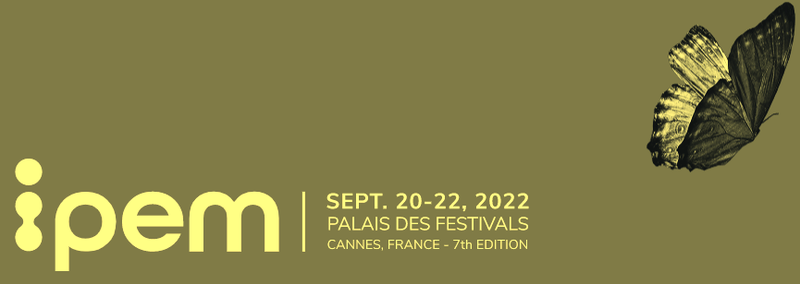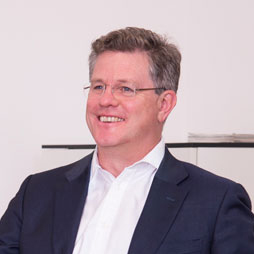IPEM is now established as one of the leading conferences in the alternatives sector, with a broad international LP and GP attendance, making it ‘the place to be’ for PER this September.

Overall, the mood is still positive in the medium to long-term; despite tough short-term deal-making, and slower fundraising, activity certainly hasn’t come to a halt. The growing focus seems to be on scaling either AUM, network or headcount, or typically for single sector funds, building deeper specialisations. There is still a place for outsized returns, and careers, in new and small cap fund strategies. IPEM 2022 also seemed to be the launchpad for new innovative impact funds (human capital, reduction of an organisation’s carbon footprint and reforestation to name a few).
We took note of the increasing emphasis on culture and ‘soft skills as the key differentiator, whether fundraising, deal-making or hiring. Orlando Bravo, co-founder of Thoma Bravo stated “Culture isn’t the main thing – it’s the only thing”. Paul Desmarais, a shareholder of the Sagard Fund listed their five key values as entrepreneurial, innovation, rigour, collaboration, and authenticity.
There was much discussion from GPs about the ‘war for talent’ and the challenges that they face in attracting and retaining the best individuals within their teams; building people-first cultures within organisations is an important part of differentiating any firm in a competitive hiring market.
For years, almost everything has gone right for the buyout industry. Now, as interest rates and inflation rise, the model faces a major challenge: higher cost of debt makes the deal environment more difficult, and the degradation of the macroeconomic landscape will see many businesses experience a fall in earnings. “The confluence of lower earnings, lower cash flow and higher borrowing costs is going to be a very challenging situation” confessed a panelist.
There was much discussion from GPs about the ‘war for talent’ and the challenges that they face in attracting and retaining the best individuals within their teams; building people-first cultures within organisations is an important part of differentiating any firm in a competitive hiring market.
For years, almost everything has gone right for the buyout industry. Now, as interest rates and inflation rise, the model faces a major challenge: higher cost of debt makes the deal environment more difficult, and the degradation of the macroeconomic landscape will see many businesses experience a fall in earnings. “The confluence of lower earnings, lower cash flow and higher borrowing costs is going to be a very challenging situation” confessed a panelist.
Our key takeaways from both the panels and the conversations that we had at the conference:
- While the buyout industry needs a healthy leveraged loans market, Credit funds should continue to grow in Europe and partially supplement banks in some corners of the markets. Comparing Private Debt practices - and AUM - in the US and Europe, the latter has a lot of room to grow. The shift from negative/near-zero interest rates to positive in the last couple of months should also act as an incentive for private credit funds to expand
- As inflation erodes earnings, sectors which are unable to pass down their increasing costs to end consumers will likely suffer: consumer goods for instance should face difficult months ahead as we observe spending cuts. Similarly, businesses with high energy consumption will be negatively impacted
- Investors specialising in turnaround and distressed situations are looking positively at the prospect of companies falling into trouble and are expecting their deal-making pace to increase
- Given post-covid supply chain disruptions and ramping inflation, investors will now have stricter due diligence processes, assessing businesses’ resilience in supply chain, distribution channels, as well as management teams
- Value creation is set to take increasing importance. The past few years saw a global and constant increase of multiples, which led some investors to neglect their input on portfolio companies (‘buy low, sell high period’). The current landscape will force them to spend more time and dedicated resources to value creation. Its impact will be a real differentiator between investors’ performances
- Fundraising will take longer than in recent times: from 15 months on average in the past few years, to 20 months plus from now on

Author
Rupert Bell
Head of DACH
Rupert Bell
Head of DACH